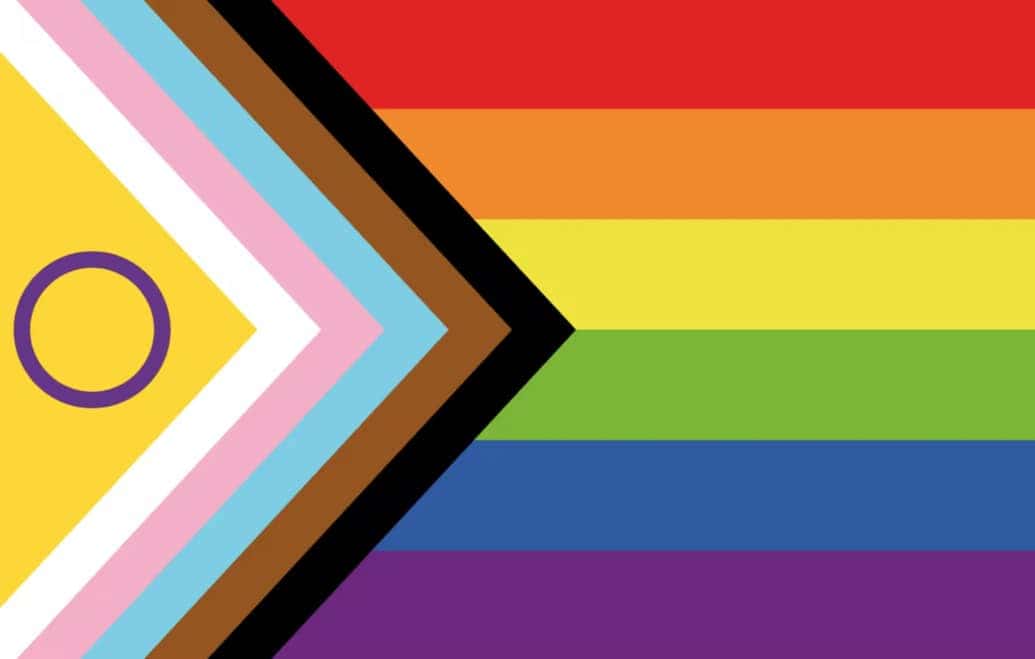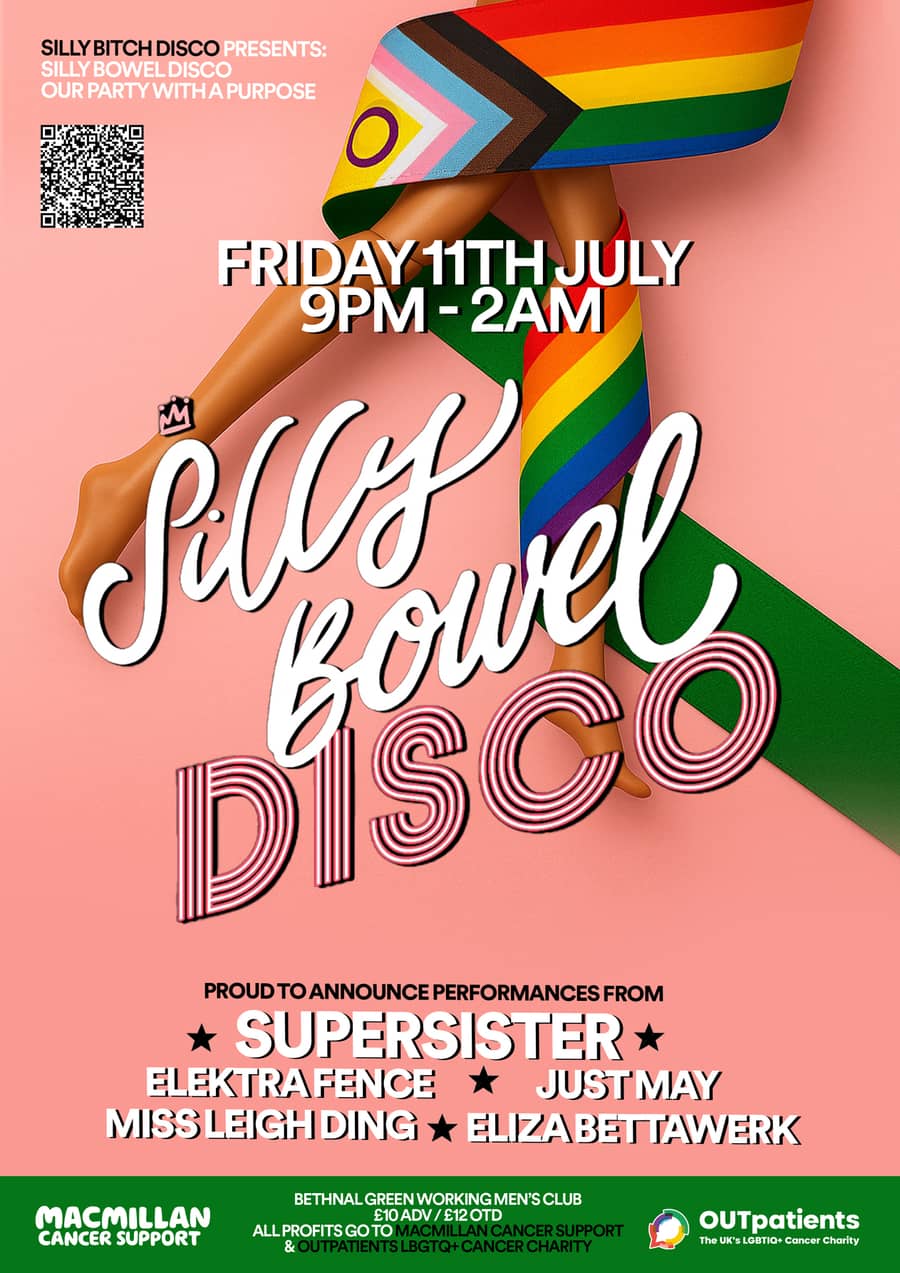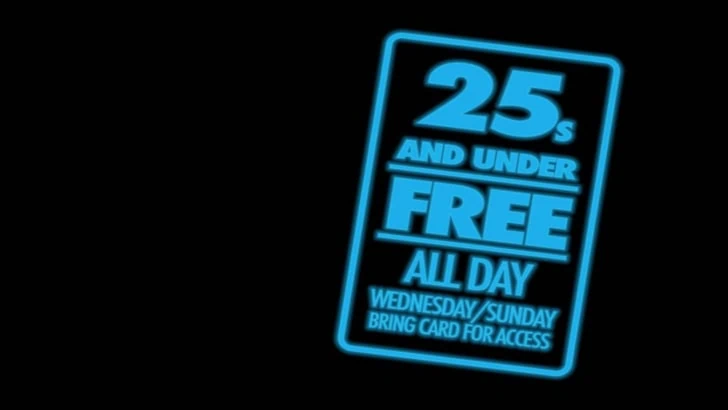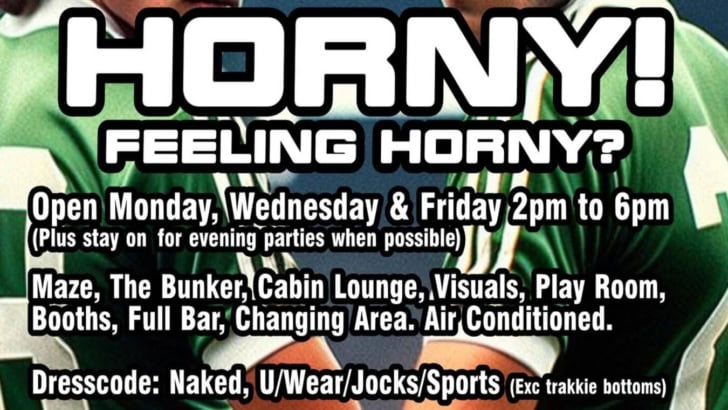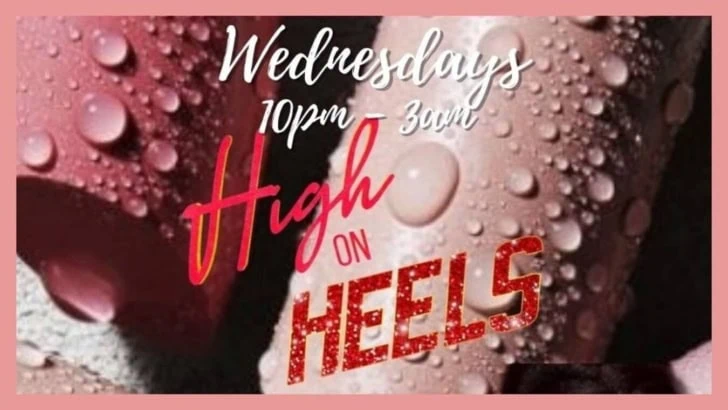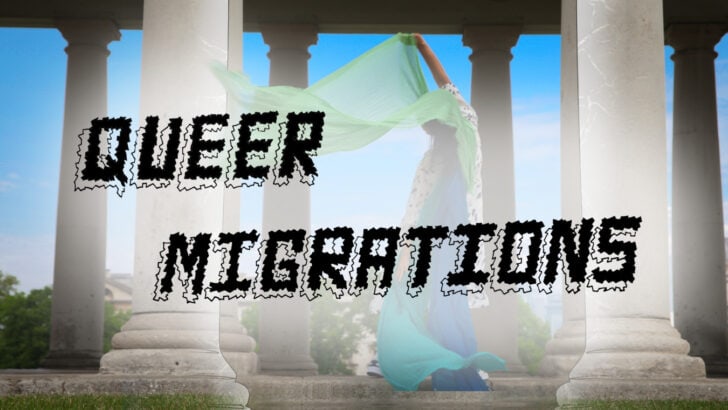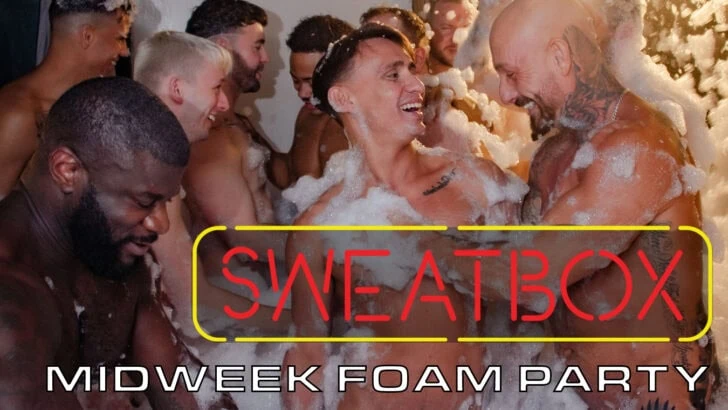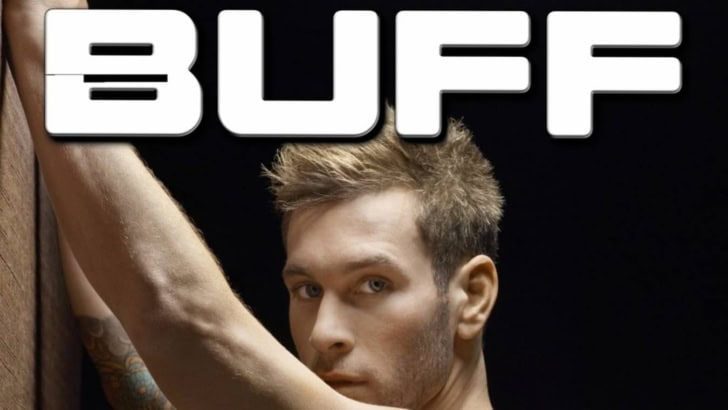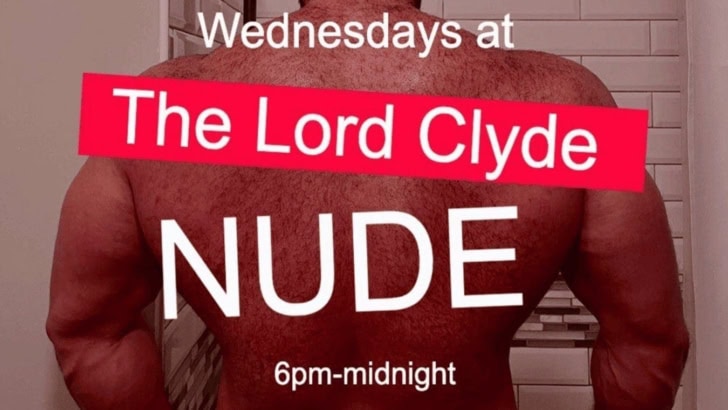Manu Valcarce is a photographer, social documenter and member of UNITE London, who concentrates on recording inequality amongst minorities.
By Patrick Cash
Manu Valcarce
Tell us a little bit about yourself, in your own words.
Well, I’m from Madrid, from Spain, and I’ve been here since 2007. I came here for love, I had a long-distance relationship in London and I came here for that, but I started doing photography here. I started with fashion then quickly realised that was not my thing, and I moved to documentary which is what I do now. One day I took my camera and a ticket to go to India and I was there for six months. I started with documentary and portraits of people travelling around Asia and what I work in is social documentary normally.
All photos from Manu Valcarce’s recent ‘Out of Sight, Out of Mind’ exhibition, sponsored by UNITE
And how old are you now?
I’m 31.
How did you get into photography originally?
I always wanted to do photography, but my family, they are doctors, and they told me that’s not even a degree -it wasn’t even a degree in Spain at the time. So I studied advertising, and then when I came to London, away from my family, I just decided to pursue photography, so I did a short course and then I started working as assistant photographer and doing my own projects. At the moment I’m doing a MA in photojournalism.
Where are you doing the MA?
In the London College of Communication.
And you’re interested in social documentary, what would you specifically say is your artistic ethos when it comes to photography?
I guess photography can be used for anything really, everybody has such difference, but what I do is try and tell stories and normally they are stories with other issues, so you always want photography to make a change. To make somebody think about an issue, or just so that they can know more about that issue.
And what issues really inspire you?
Normally, it’s more minorities – ‘Out of Sight, Out of Mind’ is the first time I’ve done LGBT but the other projects I’ve done have been migrant workers that come from India and Bangladesh and work in Singapore on construction sites, so about the conditions of how they live in Singapore or about their families in India, how they leave for months and the risk of being sent back.
Why did immigrants particularly capture your art?
I’ve been doing other things, it’s not just immigrants, but in that case it was an issue at that moment. They were changing the law and all these workers had the risk of being sent back. It was an event that would need to be known, because there was always an organisation working for them to stay there, but I realised that the society in Singapore is quite money-orientated and they were very comfortable in their lives, without knowing what was really going on or who was really building everything that was happening in Singapore. I thought they needed to know about this, and see the workers as more human, and I tried to make something that said that. In that particular case, that was what interested me.
And you spoke about coming to London in 2007, why is London the city for you now?
Well, I think it happens to so many people that they come here for six months to learn English and then they stay. I mean London is a place for everyone, everybody can do everything they want. It’s a world of hearts.
Is it very different from Madrid?
It is, I think. Madrid is more homogenous, and more South European culture. For example here, everyone gay just walks in the street, not even thinking that people would look at them – but in Spain it’s a bit more conservative.
But I heard that in Madrid and Barcelona they’re very open gay cities, very tolerant?
Yeah, but still in the South, I don’t know if you know Spain but it’s still a South European culture which has more Catholic communities. But gay-wise, Madrid and Barcelona, yeah they’re great. They’re really open, and in recent years more. I think they started to open when I came out at eighteen.
But it’s easier to be more visible over here?
Yeah. More visible, for example like people holding hands on the street.
And what are the best parts of London’s gay scene for you?
The best parts? Well I move around East London always. I almost never come to Soho or Vauxhall, I live in East London and I would never leave.
So like The Joiners, Dalston Superstore…
I haven’t been to The Joiners for a while, but yeah The Joiners was a big thing before for me, but yeah Dalston Superstore I go, Vogue Fabrics etc.
And how did you get involved with UNITE?
Well, I knew Anton [Johnson] before.
How did you meet Anton?
I met him in Kaos. You know, Kaos, the party?
Oh really? Were you at Kaos at The Flying Dutchman last Saturday?
No, I couldn’t go to this one. I was working so I couldn’t go, but about two weeks after I came to London in 2007, someone took me there so it was really lucky because it takes time normally to find these amazing parties. So I met him actually there.
Where did Kaos use to be?
It used to be in Stunnerz.
Is it a transgendered party?
Yes, Stunnerz was a transgendered club, it’s closed now, but it used to be in Limehouse in the Cable Studios. And…
And Anton was there?
And Anton was there, and then he contacted me when I started doing the documentary and he said we should do something together. So it was at a UNITE party, and we talked a bit and he started saying something about Margate in another conversation. So actually I turned around and said ‘I’m already thinking of doing something in Margate’ and I told him my idea. And my idea was very similar to what he wanted to do, so we kind of put it together and organised it and for a few weeks I was there.
How did your idea for Margate come about?
It came about because a friend of mine was thinking to buy a house, and obviously now buying a house in London is impossible for first buyers and so basically she was looking for a house in Margate, which is much cheaper.
How far away from London is Margate?
Two hours, more or less. So she told me some things about Margate and I found it interesting – how it had become a dumping ground and it was socially clouded. I also knew some artists who were moving there, and it was a small community of artists.
Why were artists moving to Margate?
Because of this new gallery that opened in 2011, I think. That’s why they say some artists are moving there, because it’s a cheap place to live and if you are really struggling with money, some people are moving there for that reason. And I think it’s because of the gallery, as well. So my idea was for this to capture this new community of Margate, and the context of Margate as a social travel and how London has become impossible to live.
And of course that’s exactly what Anton said to me – when Anton rang me at the QX offices originally, he said he wanted someone to cover about London becoming too expensive for artists. And so, that was the thinking behind the Out of Sight, Out of Mind exhibition. How did you meet the subjects in your photography?
Well, I just followed this group of people, they were all living together and I didn’t know them before, so I met them when I went there. They were all contacts of Anton’s.
This was the first time you focussed on LGBT subjects in your work, how come you didn’t so much before?
It’s something I’ve always been interested in, actually I want to do more in the future, I’m thinking of going to Uganda to take pictures. To see how their life has changed in the last year since the new law came in.
Wouldn’t that be dangerous for you?
I think it would be, yeah. I want to get the contacts before, here in London there’s an organisation that deals with this, the Out & Proud Diamond Group.
Oh yeah, I saw them recently in Brixton. But sorry, I cut you off – it’s always been something that you’re interested in, but beforehand…?
Yeah, there’s not a specific reason why I didn’t do it before, I just liked to do other projects at the time.
Okay, and when I was reading about ‘Out of Sight, Out of Mind’, did it depress you that Pride consisted of a 10% discount in six shops or was it hopeful that at least they could still have Pride in the face of apathy?
No, it was depressing. I mean for us we have Pride and there are so many venues, so many different parties, and choices, we forget about other places – life for them is what they are living. And you have to move out of London if life gets difficult for you here because you have no money, in all these places being gay is something you have to add as well, because you are in these places where you have no position to meet people. There is one gay bar and we went there, and there were four of us, and there were two people in the gay bar and it was Saturday night. So basically they know all the gay people, but there’s no place for them really. And they told me they never go there.
Were you expecting to see such a discrepancy to London?
I kind of knew it was typical for them. They had their own group of friends and that’s what they live on, basically. Also, they had nothing to do – there’s no entertainment, there’s really nothing to do so they were basically hanging out and drinking. Using alcohol and drugs in these places becomes… I was telling them, ‘we don’t need to do anything especially, we’ll just do what you normally do’, and they were telling me: ‘well, there’s nothing to do around here. Sometimes the only things we do for the whole weekend is just sit here and get stoned.’
To be fair, all some gay men do in London all weekend is take drugs so there’s a parallel. So, you’re interested in social and financial equality – how do you personally see this affecting the LGBT community in London right now?
I think one of the things I’m commenting on, although it’s the case for everyone not just if you’re gay, is if you need to leave the house. In the worst situation you might be kicked out so it’s like how prices are going up for rent and stuff, and people have no comfort. So maybe that’s why we’re talking about this.
Okay, and where do you want to go next as a photographer?
Well I want to do the project I just told you about in Uganda, and I’ve never done something in Africa so I’m looking forward to that.
And if someone came and saw your work for the first time, what would you want them to leave feeling?
I think I would like them to connect to the people I photograph as I did when I was making the documentary. I think something I try to do when I do a documentary is I try to spend time and connect with the people, so I would like other people to really get what I got from them, as well. To empathise with them, in the way that I did.
Excellent. That seems like a great note to end the interview on.
